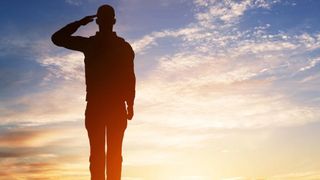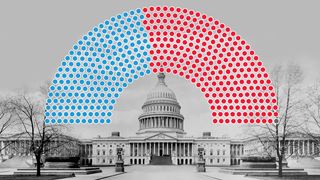In 2015 more Australian military personnel and veterans took their lives than were killed in Afghanistan during 13 years of war. In the US, military suicide could rightly be described as an epidemic; suicide rates for service members have risen dramatically since 2001 and doubled in 2012.
In the UK, service members have historically been less likely to commit suicide than the general population. However, since 2008 the rates of military suicide have increased and they now surpass civilian rates – and each year these rates have continued to increase. Why do soldiers commit suicide?
Answering this question requires a range of interdisciplinary perspectives, including those from medical experts – with extensive knowledge of mental health, post-traumatic stress disorder, and traumatic brain injury – and social scientists who have knowledge of military politics, policy, and operations.
This panel brought together a range of interdisciplinary researchers to explore diverse perspectives on why soldiers commit suicide and how military suicide can and should be addressed politically. Panellists included a medical anthropologist, clinical psychiatrist, gender and war expert and military veteran.
The speakers:
- Megan MacKenzie is Professor of Gender and War in the Department Government and International Relations at the University of Sydney.
- Kenneth MacLeish is an Assistant Professor of Medicine, Health and Society and Anthropology at Vanderbilit University in the United States.
- Ben Wadham is a sociologist and served in the Australian Regular Army.
- Ian Hickie is Professor of Health and Public Policy and Co-Director of the Brain and Mind Centre at the University of Sydney.
Moderator:
- Jackie Dent is a journalist and communications specialist. She has been published in the New York Times, the Sydney Morning Herald, Monocle, Reuters, the ABC, the Guardian and many other publications. She was a spokesperson for the United Nations in Afghanistan, Pakistan, South Sudan and North Ossetia. She is currently completing her PhD at the University of Sydney on "The Pleasures of War".








